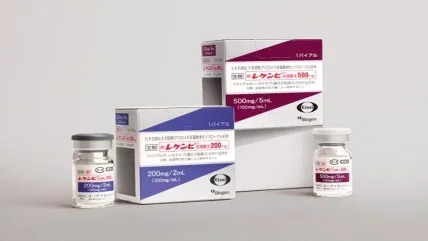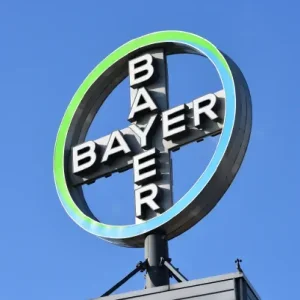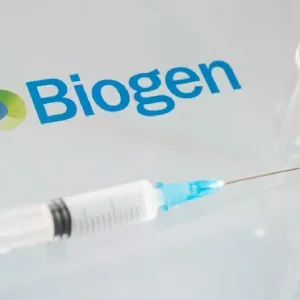
The US Food and Drug Administration (FDA) has accepted Eisai’s supplemental biologics license application (sBLA) for monthly lecanemab-irmb (Leqembi) intravenous (IV) maintenance dosing in early Alzheimer’s Disease (AD) treatment.
Developed by Eisai and Biogen, Lecanemab is a humanised immunoglobulin gamma 1 (IgG1) monoclonal antibody. The drug is designed to target aggregated soluble (protofibril) and insoluble forms of amyloid-beta (Aβ).
Leqembi is the US brand name of the drug. It is approved in the US, Japan, China, and South Korea for various indications of AD.
The FDA has set a PDUFA action date for Leqembi for 25 January 2025.
The proposed monthly IV maintenance regimen pertains to patients who have completed the biweekly IV initiation phase. The exact duration is under discussion with the health agency.
Under the regimen, the patient population will receive a monthly IV dose that maintains effective drug concentration to sustain the clearance of highly toxic protofibrils which have the potential to cause neuronal injury.
The submission of the sBLA is supported by a comprehensive analysis, incorporating data from the Phase 2 study and its open-label extension (OLE), along with the Clarity AD study and its respective OLE study.
The findings from the trials revealed that the prolonged administration of Leqembi beyond the 18-month core phase offers sustained benefits by continuously eliminating highly toxic protofibrils.
Eisai said that the approval of sBLA would mean that the clinical and biomarker advantages are upheld through a less burdensome once-monthly dosing regimen. This is easier for patients and care partners to continue long-term.
Furthermore, the Japanese company has commenced the rolling submission of a BLA to the FDA for the Leqembi subcutaneous autoinjector, designed for weekly maintenance dosing.
The drug received fast track designation for this form in May 2024.
Eisai has been leading the development and regulatory submissions globally for lecanemab, with both the Japanese firm and Biogen collaborating in its commercialisation and promotion.
In addition, the Japanese drug maker retains final decision-making authority in this partnership.






